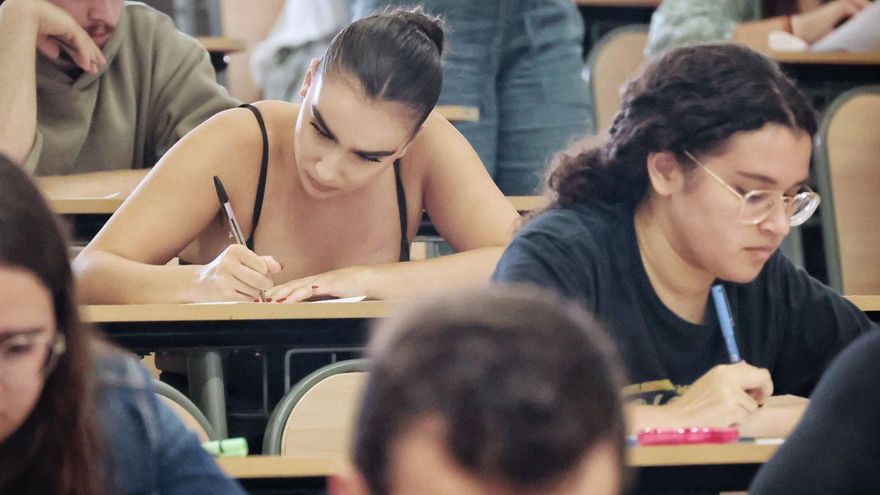
The Cabildo of Tenerife launches a new scholarship call for the 2025-2026 academic year with an investment of 12 million euros, doubling the previous year’s amount. More than 6,000 young people will be able to access aid for university studies, vocational training, artistic education, and special educational needs. Throughout the current term (2023-2027), about 25,000 families in Tenerife will benefit from all lines of scholarships.
These over 6,000 young people can continue their education with public support, within an educational policy that seeks to guarantee equal opportunities and reduce economic barriers to education access. The president of the Cabildo, Rosa Dávila, emphasizes that “this call is part of one of the most important lines of our government action, which is to support the talent of our young people and alleviate the effort of families supporting their children’s education.”
She adds that “we’re not just talking about numbers, we’re talking about people, real opportunities. This policy is allowing thousands of students not to have to give up their education, regardless of where they live or their circumstances.”
Economic Distribution
The call includes aid for undergraduate, master’s, and doctoral studies, as well as complementary scholarships for the Erasmus program and transportation aid. The distribution of amounts includes eight million for higher education students; three million for students with special educational needs, an area where investment is tripled, while half a million euros each will be injected into artistic education and vocational training, respectively.
The application submission period will begin after publication in the Official Gazette of the Province (BOP) and will end on October 31, 2025. In addition, the call establishes the possibility of extending the credit up to 10 million euros depending on demand and waiting lists.
The Councilor for Education, Employment, and Youth, Efraín Medina, highlights that “the Cabildo of Tenerife has one of the most comprehensive scholarship policies in Spain at the local level, both in terms of financial provision and the variety of profiles it reaches.” He explains, “it’s not just about supporting those who study outside or inside the Island, but responding to very diverse realities, such as those who require daily transportation, mobility aid, or specialized educational attention, and of course, training, inclusion, and support for students who have the most difficulties.”
Medina insists that “these scholarships also represent a way to recognize the effort made by so many families to continue betting on education. The message is clear: they are not alone; the Cabildo is there to accompany them.”
The president and councilor agree to highlight the “significant effort” made by the workers of the Ministry to be able to issue the call on time and properly.
Subscribe to continue reading.















